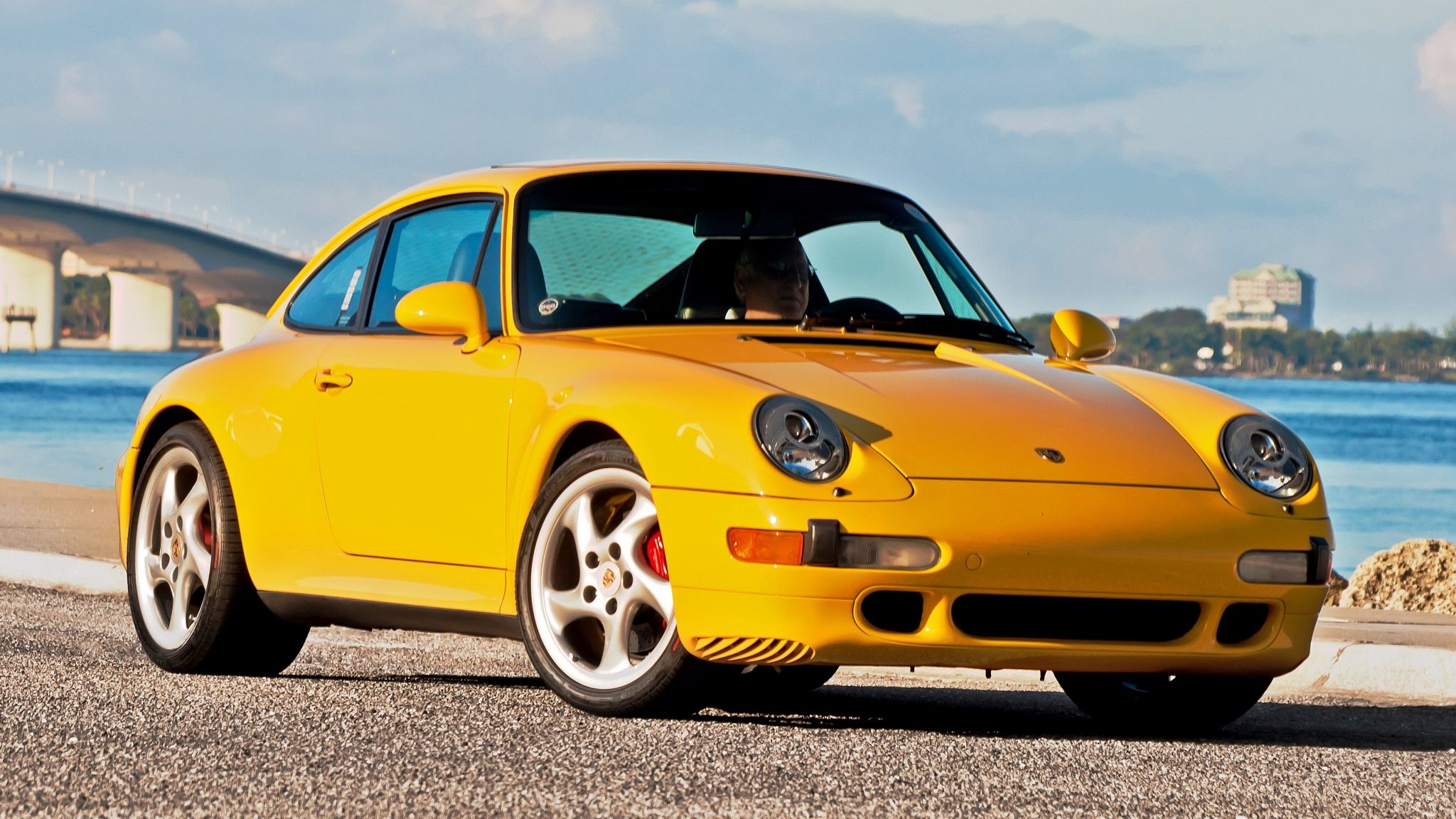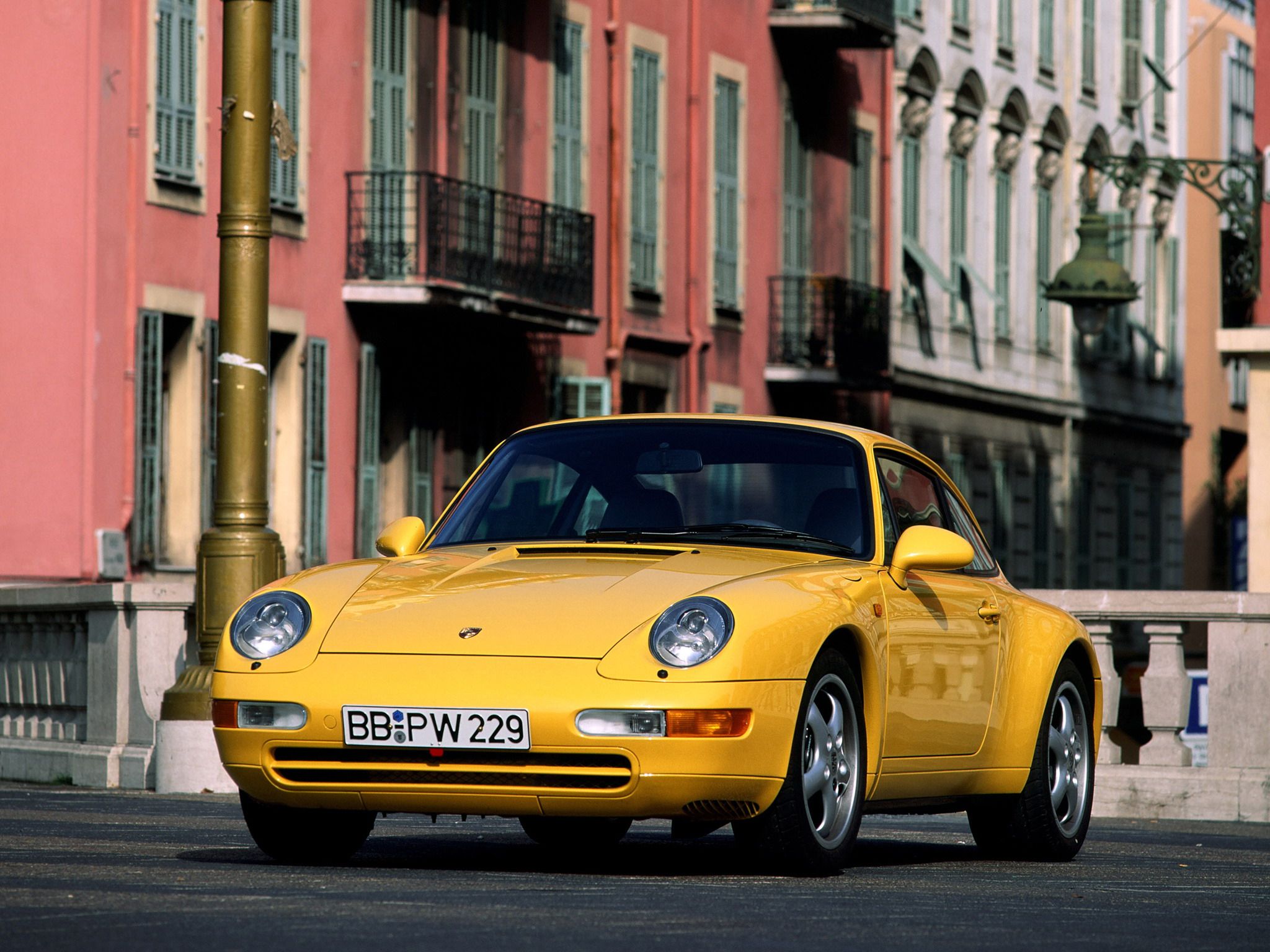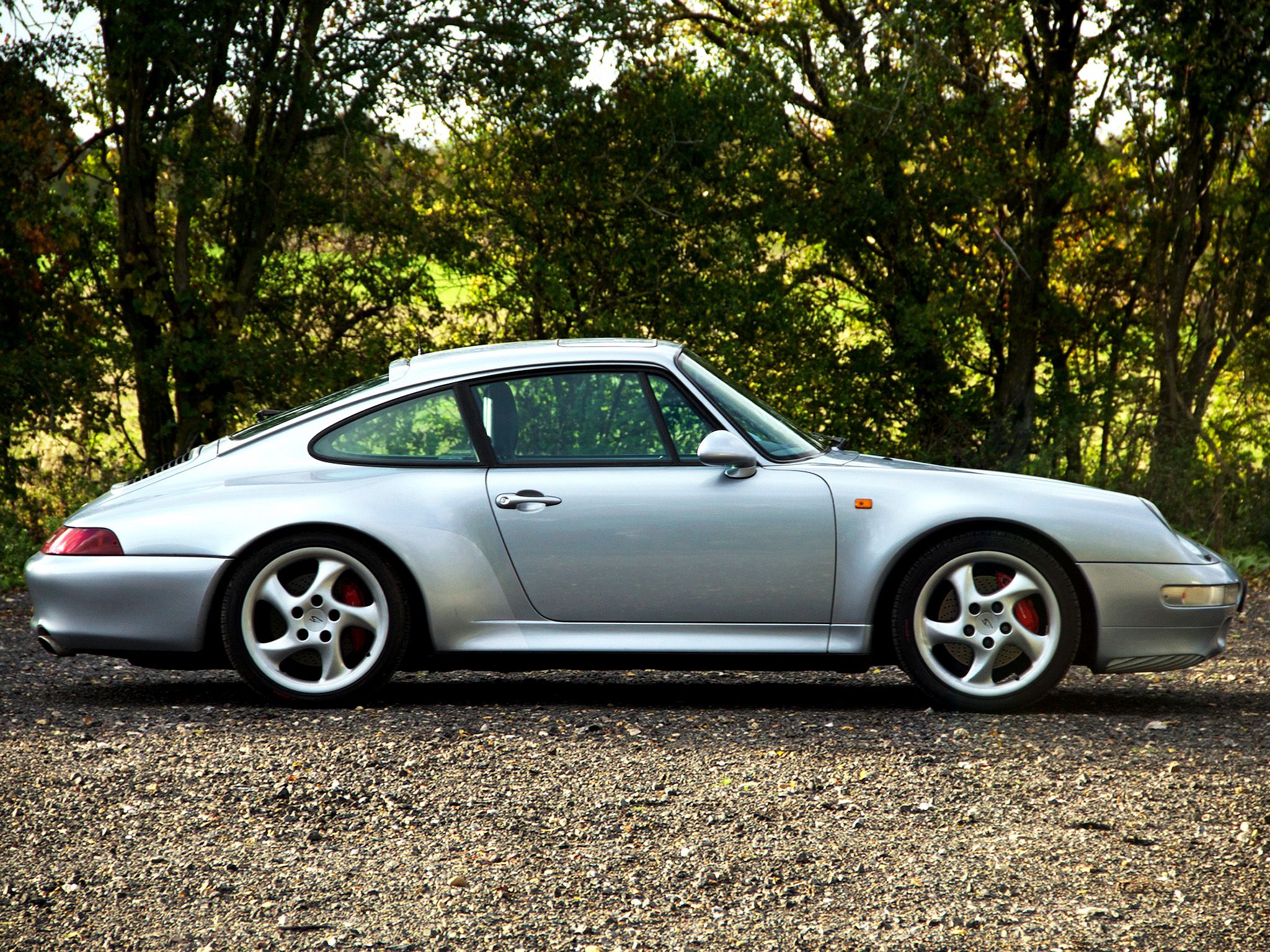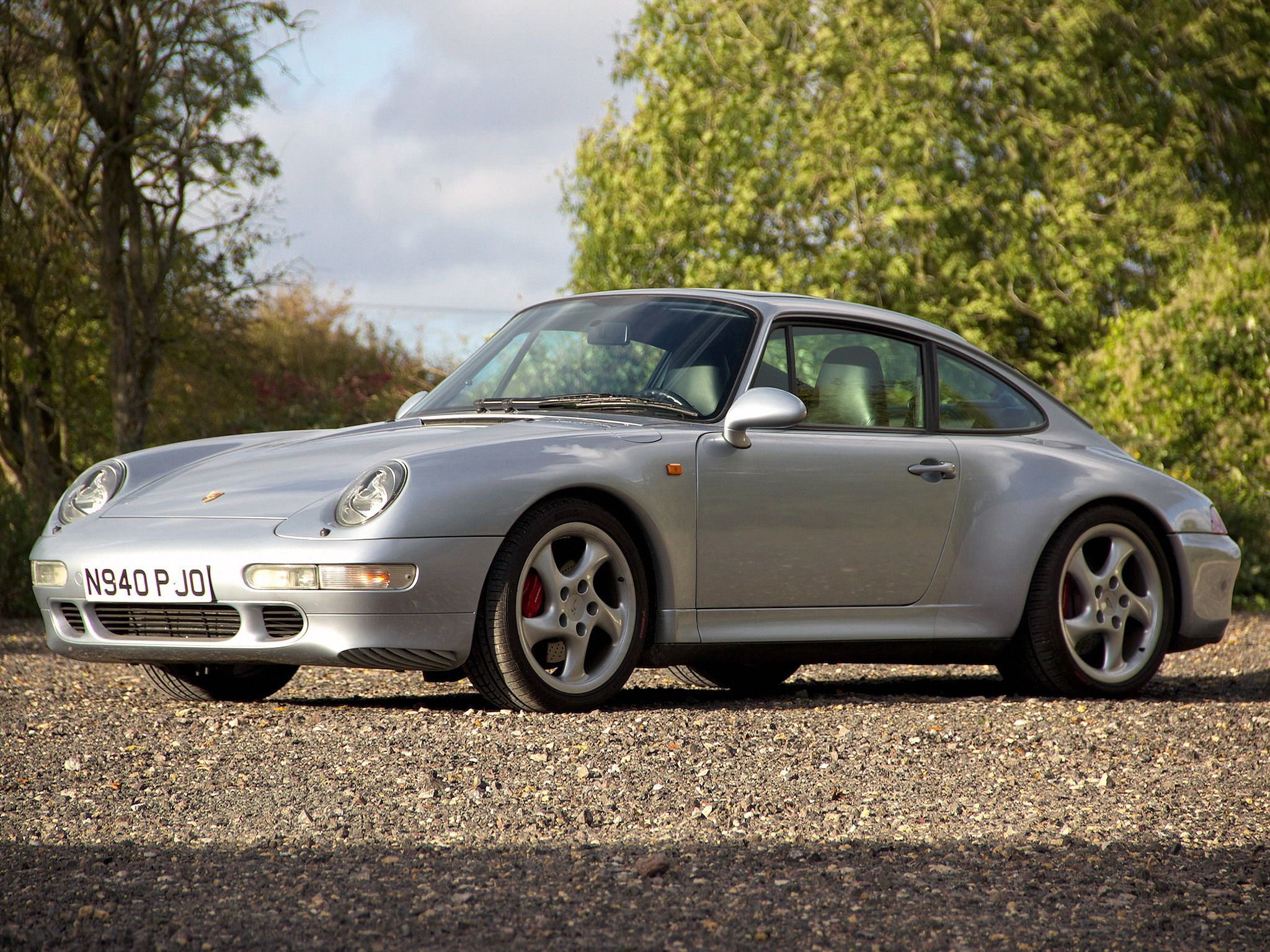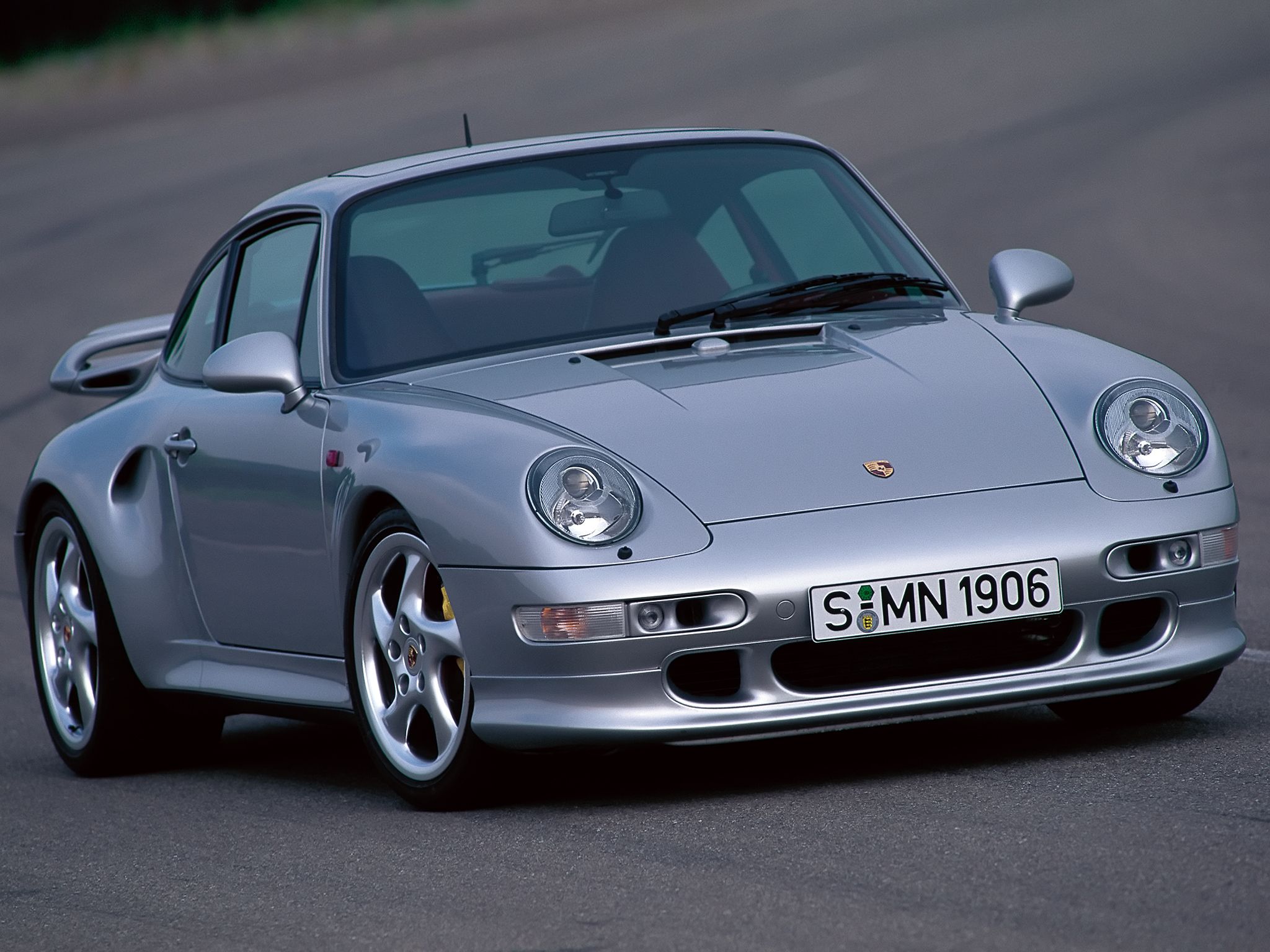The majority of cars in production in 2020 still feature internal combustion engines, but this may change in 20 years. Classic cars may still be allowed to use their gas and diesel engines, but the amount of time you will be allowed to drive them on public roads may be strictly regulated.
Retrofitting such cars with electric motors will be difficult and expensive and at least one carmaker is looking for a solution. Porsche things that synthetic fuel may solve this problem and keep valuable classics on the road.
Porsche wants to produce synthetic fuel with 100-percent renewable energy
Synthetic fuel are nothing new. Some companies are already using various forms for ground transportation or even racing. One such fuel is methanol. But just like gasoline, methanol burns forming carbon dioxide, while the process of obtaining this chemical pollutes as well.
Details about the project are still scant, but Porsche CEO Oliver Blume told Hagerty that the plan is to make methanol from hydrogen and carbon.
This is usually obtained from synthesis gas, with carbon monoxide and hydrogen reacting over a catalyst to produce methanol. Porsche would then transform it into a substitute for gasoline.
Porsche would also need to solve the issue of methanol having half the energy density of gasoline, but it might not be a big deal given that synthetic fuel is mainly created for classic cars. With old combustion engine vehicles like to be allowed for a limited time on public roads 10 or 20 years from now, range and efficiency might lose importance over the simple act of being able to drive them in an EV world.
“70% of the cars we have ever built are still on the road, and for many years to come there will be cars powered by combustion engines. We believe that synthetic fuels produced with 100% renewable energy have the potential to be an important element . For this reason, we are conducting research and development activities,” Blume said, adding that Porsche is already testing fuels in older-generation 911s.
“We already have a pilot program running historic 911s, from the 993 series, with very good results. We’re also looking for partners. They’ll take care of the technology, and at the end they’ll produce the fuel. Our task will be to find the right specifications so that these fuels will be able to run in our combustion engines,” he added.
Synthetic fuel could be better than hydrogen
Electricity is the number one choice when in comes to moving away from fossil fuels, but some automakers are betting their money on hydrogen power. Toyota and Hyundai are already offering hydrogen production models, but they're not as popular as EVs yet.
That's because there still isn't a proper infrastructure to transport and provide hydrogen, while tanks are still expensive because hydrogen needs to be pressurized. Synthetic fuel doesn't need to be cooled and pressurized, so there's no need for a special infrastructure. What's more, it could be sold at existing gas stations.
So why isn't it happening yet? Well, synthetic fuel is still very expensive compared to gasoline. Porsche says synthetic fuel would cost more than $10 per liter, which converts to around $37 per gallon. Given that the average price of gasoline in the U.S. right now is $2.1 per gallon, synthetic fuel is not an option yet. But Porsche thinks this type of fuel could become affordable in 2030.
“I think we need some years to drop the price, and a very realistic prognosis is that our synthetic fuel could be available to the public in about 10 years. There is still a long way to go, but you have to start to do this, to reinvent yourself, to invest, and to improve the technology. I think there will be a big potential,” Blume concluded.

